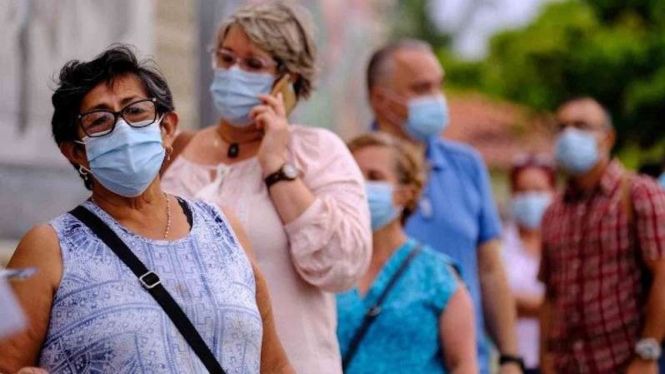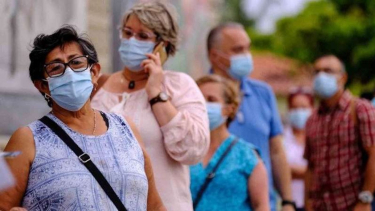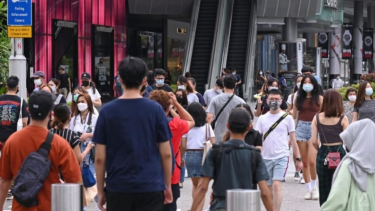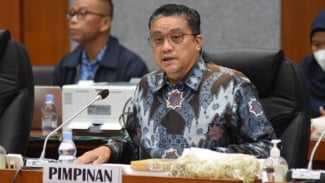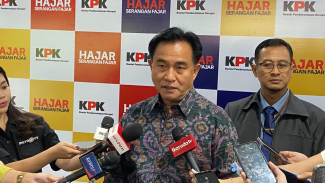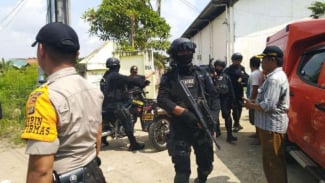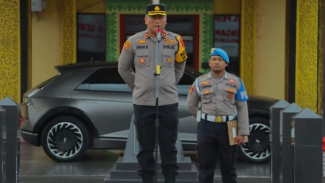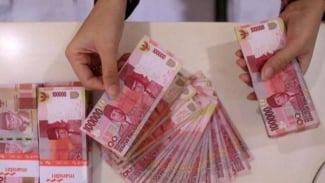Southeast Asia Countries Re-tighten Covid-19 Rules for Tourists
- ANTARA FOTO/REUTERS/Alejandra Cardona
Singapore – As the spread of respiratory infections such as Covid-19 accelerates, governments in Southeast Asia have decided to reinstate strategies to control it, including the Singapore government.
The public is urged to wear masks at the airport again. There will be temperature scanners as well.
The governments are aiming at slowing down the variety of germs, like Covid variants, flu, pneumonia and other respiratory pathogens, that has the potential to stress the healthcare system.
Warga menggunakan masker untuk melindungi diri dari COVID-19 di Singapura.
- Gaya Chandramohan/CNA.
Explaining the reason for the rapid spread, the Ministry of Health, Singapore said: "The increase in cases could be due to a number of factors, including waning population immunity and increased travel and community interactions during the year-end travel and festive season,"
"Cases infected with JN.1, a sublineage of BA.2.86, currently account for over 60 percent of COVID-19 cases in Singapore. While BA.2.86 and its sublineages have been classified as a Variant of Interest by the World Health Organization since 21 November 2023," It continued.
The Ministry further remarked: "There are currently no indications, globally or locally, that BA.2.86 or JN.1 are more transmissible or cause more severe disease than other circulating variants,"
Meanwhile, Indonesia’s health ministry has also requested Indonesians to put a hiatus on their travel plans to areas that are reporting a surge in Covid-19 cases, “complete their two-dose vaccination, wear masks and wash their hands and stay home should they fall sick".
In Malaysia, Covid cases have almost doubled in a week, increasing to 6,796 in the week ended December 2 from 3,626 the previous week. Malaysian Authorities have said the spread is under control and isn’t troubling healthcare system, according to SCMP report.
Indonesian officials have reinstalled thermal scanners at some border checkpoints. Batam ferry terminal and Jakarta's main international airport are among them.
Nevertheless, it is creating a scare among the people because the public is highly sensitive to the risk of drastic measures returning, as was the case during the pandemic in Asia and which lasted much longer than in other parts of the world.
Indications of that tension surfaced earlier this week when Singapore’s Deputy Prime Minister Lawrence Wong took to Facebook and said there had been misinformation circulating on various networks that the government is looking to reinstate a circuit breaker.
However, the Centers for Disease Control and Prevention said that the continued emergence of JN.1 indicates that it is either more transmissible or better at evading immune systems than BA.2.86 or JN.1.
